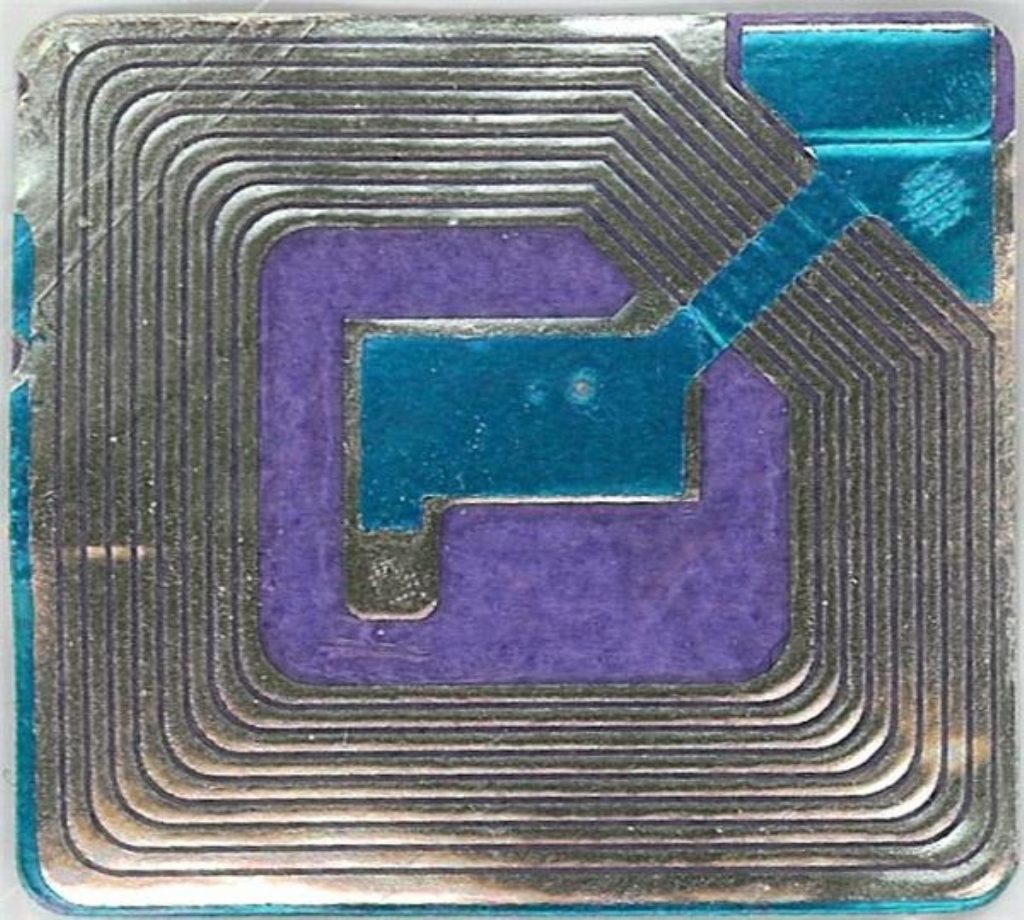MoJ paid G4S & Serco millions for electronic tagging during fraud investigation
The Ministry of Justice (MoJ) continued to pay millions to G4S and Serco for electronic tagging over a year after the firms were banned from delivering the work, new research has revealed.
G4S received £8.7 million and Serco £4.5 million for electronic tagging equipment supplied to the MoJ between March 2014 and February 2015, according to analysis of government data by the Centre for Crime and Justice Studies.
"When the government cancelled G4S and Serco’s electronic tagging contracts in late 2013, the then-justice secretary, Chris Grayling, promised 'a fresh start for electronic monitoring'," Richard Garside, director of the Centre for Crime and Justice Studies, said.
"It will surprise many people that the two companies at the heart of one of the biggest overcharging scandals of recent years continue to receive millions of pounds a month from the taxpayer."


Matt Ford, who undertook the research for the centre, added:
"The amount of public money that has continued to be paid to these two companies for services that they have been found to be managing at best incompetently, and at worst fraudulently, raises yet more serious questions about the nature of markets in public services and what happens when they go wrong."
Both G4S and Serco are currently under investigation by the Serious Fraud Office (SFO) after questions were raised about whether they overcharged the government on contracts to deliver electronic tagging of convicted offenders.
The original contracts were won in 2005, with the government spending £700 million in cash terms on the programme. When the contracts were due for renewal in 2013, the MoJ asked for supporting documentation from bidders.
Anomalies were found in the G4S data, leading the government to call in PricewaterhouseCoopers for a forensic audit. Months later, both firms pulled out of the bid and the SFO was brought in. It launched a criminal investigation shortly afterwards.
In late 2013 and early 2014 Serco agreed to repay £68.5 million to the taxpayer, while G4S repaid £109 million. Grayling announced that the contracts would be taken over by another large outsourcing firm, Capita, on an interim basis using the G4S and Serco equipment.
Technology firm Buddi was supposed to take over the design and production of the equipment, but they were dropped by the MoJ in March 2014 with a view to getting another firm, Steatite Limited, to replace them. The new system was due to be in place by December last year.
That left the MoJ still paying out millions to Serco and G4S for the equipment it continued to use, even though the two companies no longer had any further involvement in the system.
The scarcity of other companies with enough equipment to take over the contract will raise questions about the effectiveness of competition in key areas of public service delivery.
In total, G4S received £17 million and Serco nearly £14 million between March 2014 and February 2015 for providing electronic monitoring, but the MoJ told the Centre for Crime and Justice Studies that some of those payments were for services provided before the old contracts were terminated.
An MoJ spokesperson said:
"The Centre for Crime and Justice Studies' interpretation of our data was incorrect. Had they approached us before issuing their press release, we would of course have been happy to explain why.
"G4S and Serco no longer deliver electronic monitoring services. We have always been clear Capita would continue to use the G4S and Serco equipment until new tags were developed.
"The bulk of the reported spend was for 2013 and early 2014, when G4S and Serco still ran the tagging contract. The remaining spend relates to the purchase and lease of tags to the new provider, which is a necessary interim arrangement until new tags are ready."

